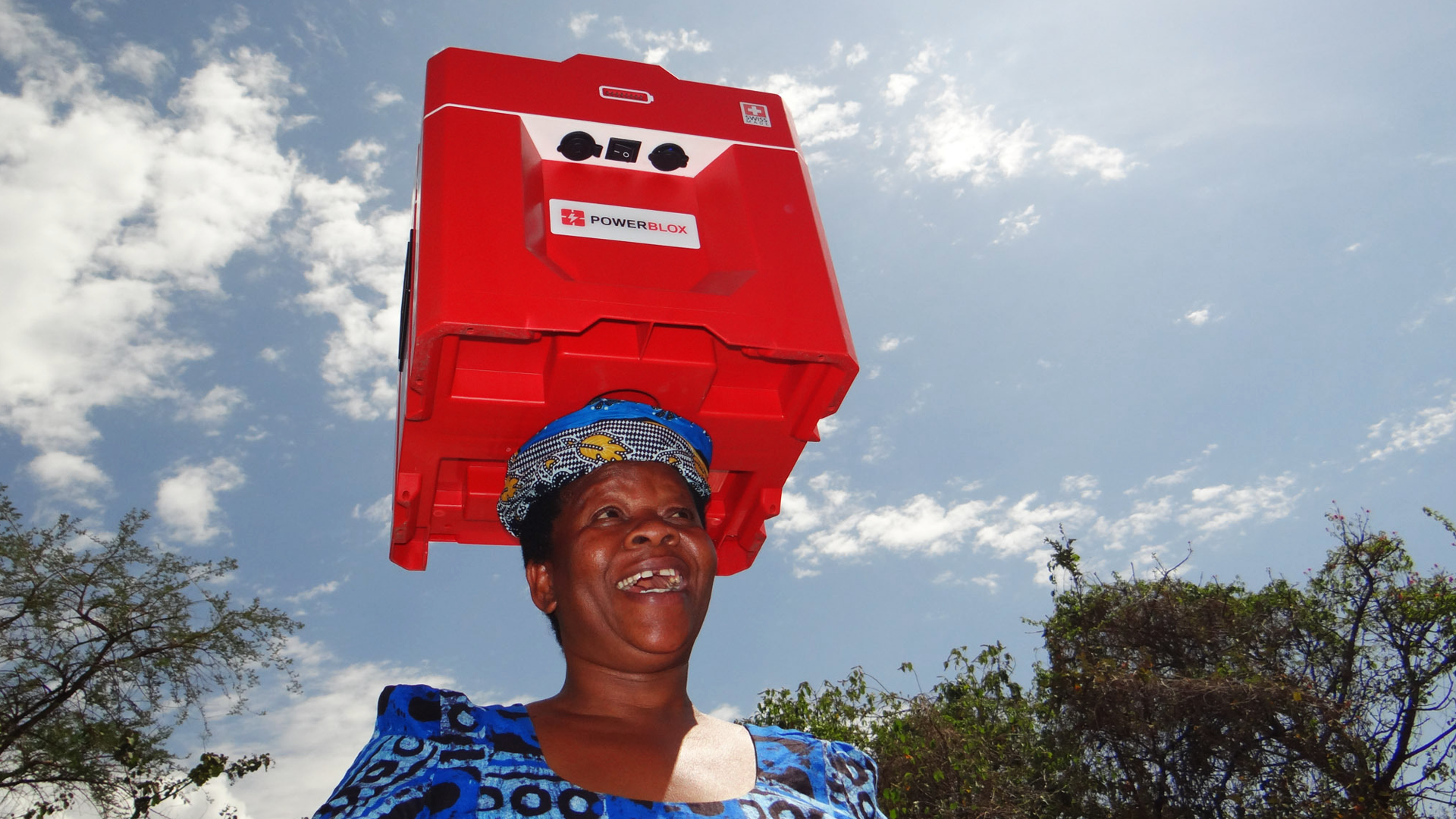They may look like giant LEGO bricks, but these ‘Power-Blox’ energy cubes provide portable electricity via solar panels. It’s hoped that they’ll be used to provide power to the world’s poorest regions.
What if your regular LEGO brick could do more than just serve as a potential safety hazard for your feet?
That’s the thinking behind ‘Power-Blox’, the energy cube that stores electricity via the power of the sun. Co-founder Alessandro Medici spoke to Euronews Green recently about his invention, citing the movement of fish – separating, regrouping, and flowing freely – as a major inspiration.
Each Power-Blox holds energy via batteries powered by solar panels. One box on its own can almost provide all power for a single home, but multiple units can easily be attached to one another to generate larger amounts of electricity.
Think of it as a flexible grid system that can be easily implemented into rural areas without the need for complex infrastructure. Power-Blox is a Swiss company and since 2018 it has provided over 2000 power blocks to roughly twenty countries.



















